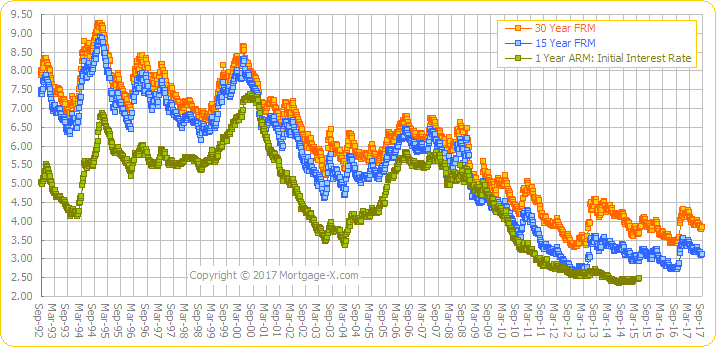On the one hand, some people proclaim the death of the American Dream of Homeownership, following the 2006 housing crisis. On the other hand, we hear that due to the recession, interest rates and housing prices are at historical lows. So where does the truth lie? While we don't have the answers, here are Five Things to Consider If You're Deciding Whether to Buy:
1. Your Credit Score: One of the key factors that determines the interest rate on your mortgage loan is your credit score. Some homebuyers work to get "minimally acceptable" credit score, so they can qualify for a mortgage loan. But a buyer with a 720 credit score is going to get a better interest rate from a lender, than someone with a 620 credit score. So if you're thinking about buying a home, consider doing the work needed to improve your credit score. To fix your credit score, there are sometimes *quick* things you can do (paying off a debt) and sometimes *longer-term* things you can do (like building up a new line of credit). Luckily for DC homebuyers, the wonderful Homebuyer Education organizations mentioned in a previous post are there to help buyers think through strategies to improve credit.
2. Mortgage Rates: Right now, mortgage rates are lower than they have been in years. Only a few months ago, in October 2010, as reported by CBS, interest rates reached low levels not seen since the 1970s. As a result, it may be a good time to lock in a low-interest mortgage loan. The following graph from Mortgage-X shows trends from the past 20 years. The red line for "30 Year FRM" (30-Year Fixed Rate Mortgage) represents the most common type of mortgage loan.

Source: http://mortgage-x.com/trends.htm
3. Comparing Home Prices to Rental Prices: With the economy recovering from a recession, average housing prices in the District are lower than they were at the height of the housing bubble. As a previous post discussed, it may currently be cheaper to buy a home versus rent, on average, in Washington, DC. At the same time, it's important to keep in mind that DC still has one of the strongest housing markets nationwide.
4. Income: When deciding how much money to lend you, banks will look at your monthly income. The more you make each month, the more "home" you can purchase. For the CFHomes program, homebuyers generally are not allowed to get a mortgage loan that is higher than 35% of their monthly income. In fact, 35% is a common maximum limit for most lenders. So make sure your income is high enough, so you can get the home price you want, and afford a neighborhood you're interested in! Lenders can give you more information on "how much home" you can currently qualify for.
5. Savings: Buying a home can incur unexpected expenses. Unlike renting, you have to take care of all repairs that may be needed, to make sure your home maintains its value. If you lose your job, it is harder than renting to simply sell your home. As a result, it's a good rule of thumb to make sure you have savings on hand if you choose to buy a home.
These are just some of the many factors to consider when choosing when to buy a home.
Where does CFHomes come in? At City First Homes, we feel our DC-government launched affordable housing program provides homebuyers with the opportunity to take advantage of historically low interest rates and relatively lower home prices in the District; but at the same time, the program reduces monthly and upfront costs, making homeownership more affordable.
- Jyothi Ramakrishnan
No comments:
Post a Comment